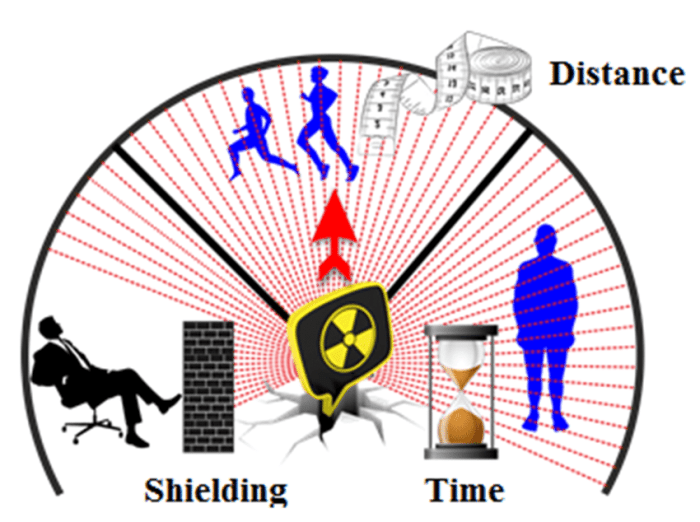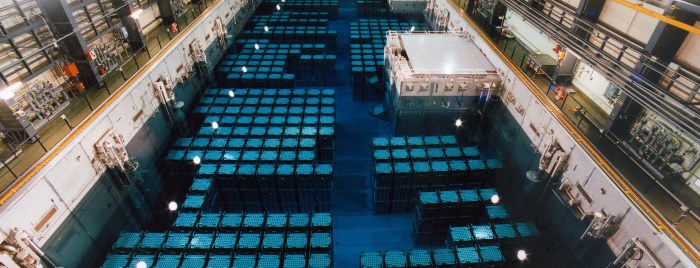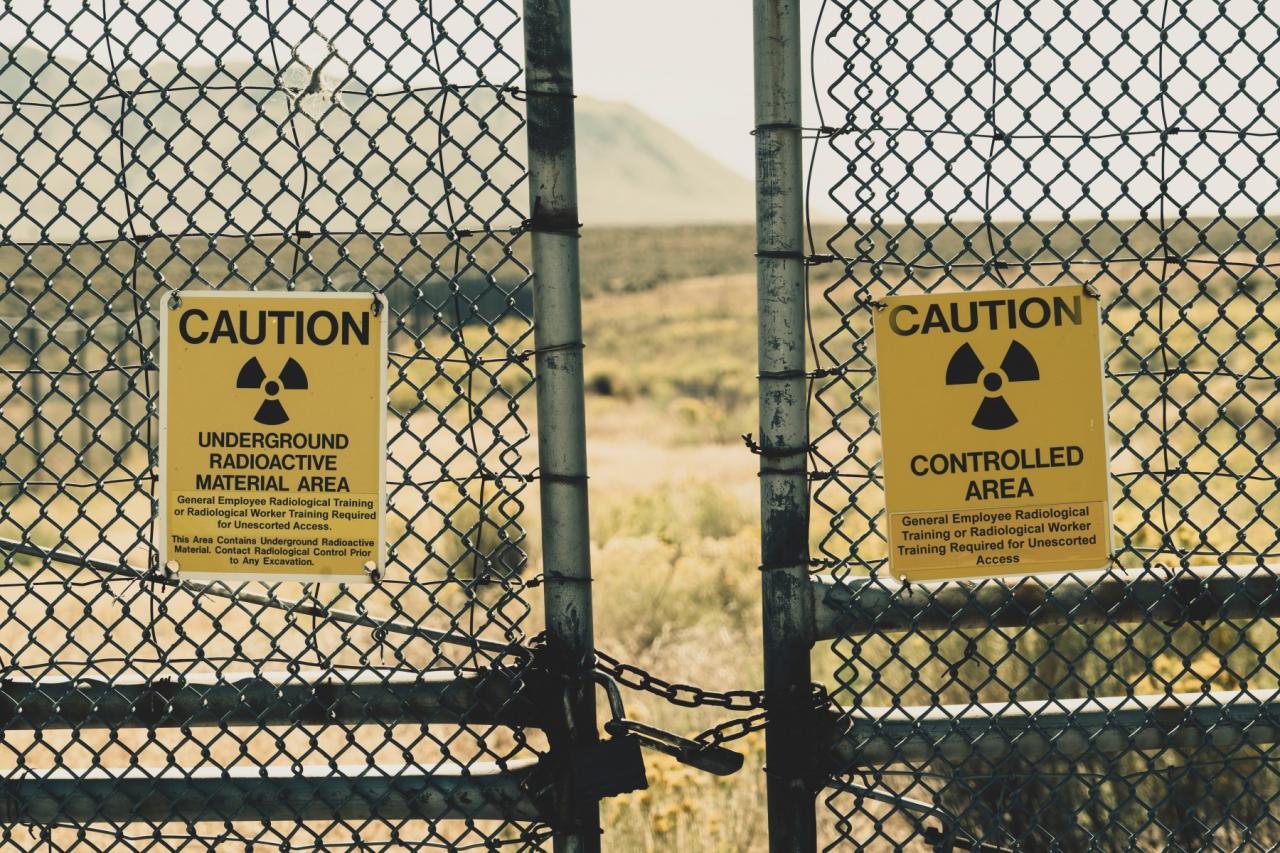One disadvantage to terrorists of using radiological materials – One significant disadvantage to terrorists of using radiological materials is the potential for widespread panic and social disruption. The threat of radiation exposure can severely impact public trust and cooperation, hindering terrorist objectives.
The consequences of a radiological attack can extend beyond the immediate physical harm caused by the radiation itself. The fear and uncertainty surrounding such an event can lead to mass panic, disruption of essential services, and a loss of confidence in government and public institutions.
1. Technical Challenges

Handling radiological materials requires specialized knowledge and technical expertise to ensure safety and minimize risks. Acquiring these materials can be challenging due to strict regulations and controls. Transporting and storing radiological materials also pose significant difficulties, as they require specialized equipment and facilities to prevent accidents and unauthorized access.
Risks and Difficulties
- High levels of radiation exposure can cause severe health consequences, including radiation sickness, cancer, and genetic damage.
- Radiological materials can be difficult to handle safely, requiring specialized equipment and training to prevent accidents and contamination.
- The transportation of radiological materials is subject to strict regulations and security measures to prevent theft or unauthorized access.
2. Detection and Interception
Advanced detection and monitoring systems are deployed to identify and intercept radiological threats. These systems use a combination of sensors, detectors, and surveillance technologies to monitor for the presence of radioactive materials.
Challenges for Terrorists, One disadvantage to terrorists of using radiological materials
- Evading detection systems requires sophisticated knowledge and resources, making it difficult for terrorists to successfully transport or use radiological materials.
- Being detected can lead to immediate law enforcement response, apprehension, and severe consequences for the perpetrators.
3. Public Panic and Response

A radiological attack can trigger widespread panic and social disruption. The threat of radiation exposure can erode public trust and cooperation, making it difficult for governments to effectively respond to the situation.
Consequences for Terrorists
- Public panic can disrupt normal societal functions, hindering the terrorists’ ability to achieve their objectives.
- Loss of public support and trust can damage the terrorists’ reputation and legitimacy.
4. International Cooperation and Pressure

International agreements and protocols are in place to prevent and respond to radiological terrorism. Nations that support or harbor terrorist groups involved in such activities face severe consequences.
Consequences for Nations
- Diplomatic isolation and economic sanctions can be imposed on nations that support terrorist groups using radiological materials.
- International pressure can force nations to cooperate in apprehending and prosecuting terrorists involved in radiological activities.
5. Reputation and Legitimacy
The use of radiological materials can damage the reputation and legitimacy of terrorist organizations. Such attacks can alienate potential supporters and undermine the group’s ideological goals.
Consequences for Terrorists
- Public outrage and condemnation can erode support for terrorist groups that use radiological materials.
- The stigma associated with radiological attacks can make it difficult for terrorist groups to recruit new members and justify their actions.
FAQs: One Disadvantage To Terrorists Of Using Radiological Materials
What are the technical challenges associated with using radiological materials?
Radiological materials require specialized knowledge and expertise to handle safely. Acquiring, transporting, and storing these materials pose significant risks and difficulties, increasing the chances of detection and interception.
How can advanced detection systems help prevent radiological terrorism?
Modern detection and monitoring systems can effectively identify and intercept radiological threats. These systems make it challenging for terrorists to evade detection, increasing the likelihood of apprehension and prosecution.